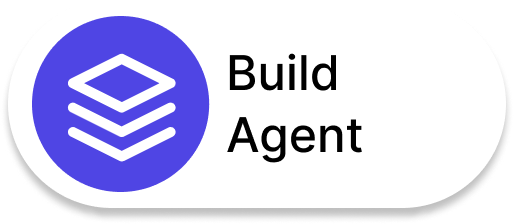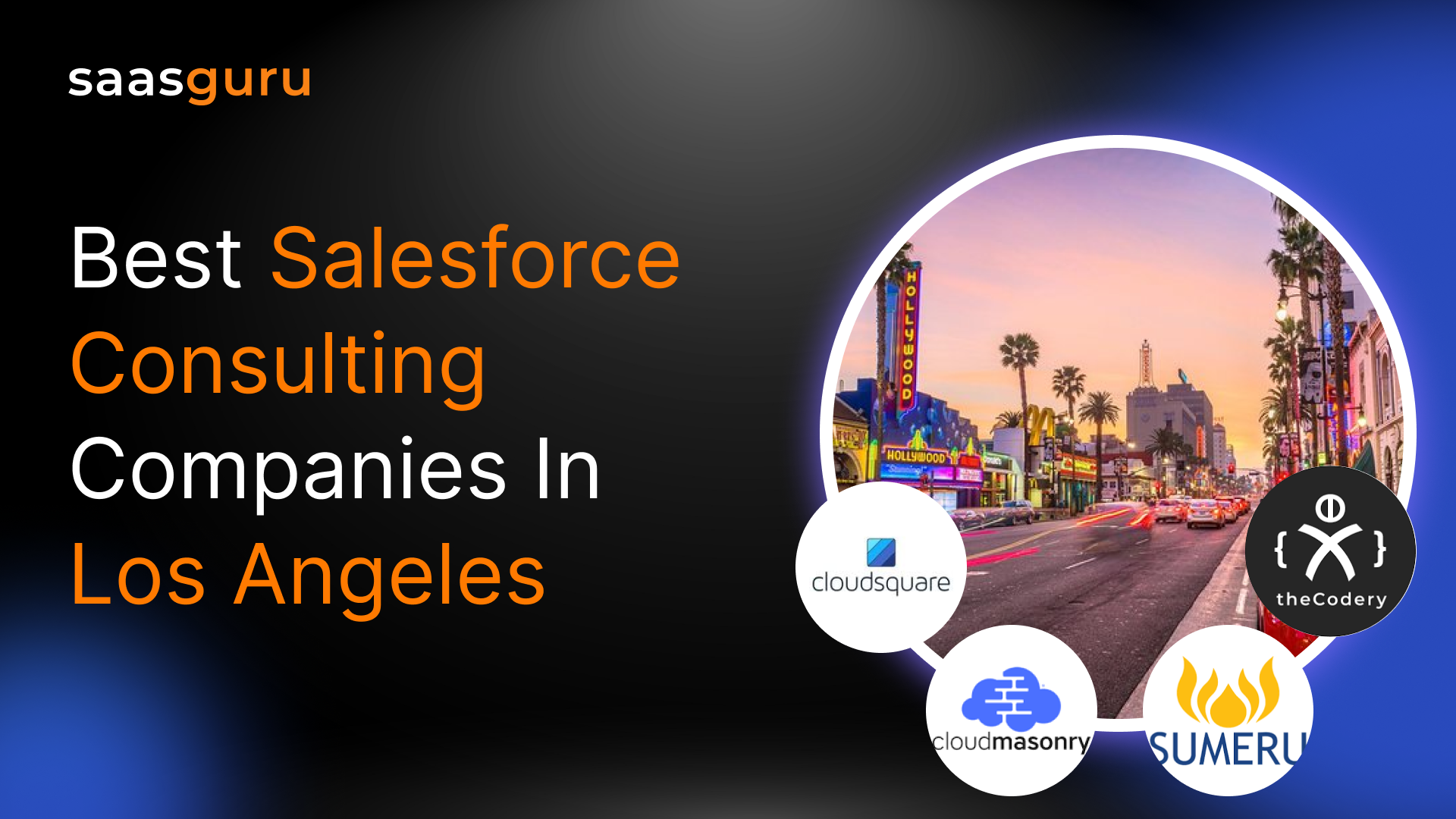The digital revolution in healthcare is not just a fad but a fundamental shift towards a more patient-centric approach. With Salesforce Health Cloud, healthcare organizations are prepared to deliver a more comprehensive view of the patient, allowing for more timely, tailored, and effective interventions.
Whether you’re part of a small clinic or a large healthcare system, understanding how Health Cloud works and its multifaceted benefits can be a game-changer.
What is Salesforce Health Cloud?
Salesforce Health Cloud goes beyond being just another cloud-based platform. Built on the strong foundation of Salesforce, it’s specifically designed to address the unique challenges and complexities of the healthcare industry.
1. Patient Relationship Management (PRM)
Health Cloud creates a unified patient record, consolidating medical history, demographics, allergies, medications, and past encounters. This 360-degree view empowers providers to deliver more personalized and informed care. Users can manage all patient interactions, including phone calls, emails, and online inquiries, within a single platform. This fosters better communication and reduces administrative burdens.
Health Cloud allows for targeted communication based on patient demographics, health conditions, and preferences. This can include appointment reminders, educational materials, and personalized wellness programs.
2. Care Coordination
Health Cloud facilitates seamless communication and collaboration between various healthcare providers, including doctors, nurses, specialists, and pharmacists. This ensures a coordinated care plan and avoids potential gaps in communication.
Care teams receive real-time updates on patient status, treatment plans, and medication changes, ensuring everyone involved is on the same page.
3. Clinical Data Management
Health Cloud integrates seamlessly with existing Electronic Health Records (EHR) systems and other data sources, bringing together disparate data into a single platform. Advanced analytics capabilities within Health Cloud allow healthcare organizations to extract valuable insights from patient data. This empowers data-driven decisions regarding treatment protocols, resource allocation, and population health management.
4. Patient Engagement
It helps patients to manage their health information securely through self-service portals. This allows them to schedule appointments, view lab results, refill prescriptions, and communicate with their providers conveniently.
Health Cloud can deliver targeted educational materials and resources based on patients’ specific conditions and needs. This assists them to take an active role in managing their health.
5. Compliance Management
Health Cloud is built with robust security features to ensure patient data privacy and compliance with regulations like HIPAA. It tracks all user activity related to patient data and enforces role-based access controls to ensure only authorized personnel can access sensitive information.
Key Benefits of Leveraging Salesforce Health Cloud
By implementing Salesforce Health Cloud, healthcare organizations can unlock a multitude of benefits, including:
- Provide patients with a unified, personalized healthcare journey through centralized data and improved communication.
- Break down silos between departments and healthcare providers, facilitating collaborative care plans and better patient outcomes.
- Gain valuable insights from unified patient data to optimize care delivery, resource allocation, and population health management.
- Streamline workflows, automate tasks, and improve administrative efficiency for healthcare staff.
- Simplify compliance efforts with built-in features and tools for managing patient data security and privacy.
Key Features of Salesforce Health Cloud
1) Patient Journeys:
- Personalized services ensure individualized attention.
- Streamlined experiences from admission to discharge.
- Unified platform for comprehensive patient overview.
2) Holistic Patient Insights:
- Complete view facilitates effective healthcare services.
- Instant access to health status, history, medications, etc.
3) EHR Integration:
- Streamlined task management and treatment planning.
- Centralized patient data for efficiency.
4) Sales and Device Optimization:
- Centralized data and automation for improved processes.
- Real-time insights for better care outcomes.
Also Read – Salesforce Health Check
Applications of Salesforce Health Cloud Across Healthcare
Salesforce Health Cloud isn’t a one-size-fits-all solution. Let’s explore how different players within the healthcare ecosystem can leverage its functionalities.
Hospitals and Health Systems
Juggling complex patient flows and ensuring seamless care coordination across departments is a constant challenge. Health Cloud provides a centralized platform to manage patient journeys, facilitate communication between specialists, and optimize resource allocation. This translates to improved operational efficiency and better patient outcomes.
Physician Practices
Smaller practices often grapple with patient relationship management and administrative tasks. Health Cloud streamlines appointment scheduling, centralizes patient information and allows for personalized communication. This frees up valuable time for doctors to focus on delivering quality care to their patients.
Payer Organizations
Managing risk factors and ensuring efficient care delivery is crucial for payer organizations. Health Cloud empowers them to gain valuable insights into patient populations, identify potential risks, and promote preventative care measures. Additionally, the platform facilitates smoother care coordination between providers, leading to improved cost management.
Pharmaceutical Companies
Patient engagement and medication adherence are critical for pharmaceutical companies. Health Cloud helps them connect directly with patients, track medication adherence, and conduct clinical trials more effectively. This enables collaboration and accelerates research and development efforts for new drugs and treatments.
Health Cloud Pricing
1. Health Cloud Enterprise – $325/Month
- Clinical and Insurance Data Models: To manage and analyze patient data effectively.
- Integrated Care Management: Tools designed to coordinate patient care across different teams and services.
- Omnistudio and FlexCards: For custom app and data visualization development to enhance user experience.
2. Health Cloud Unlimited – $500/Month
- Enhanced storage and automation capabilities to handle vast amounts of data and complex workflows.
- Predictive and Generative AI: Leveraging artificial intelligence to anticipate patient needs and automate processes.
- Premier Success Plan and Full Sandbox: Providing advanced support and a testing environment that mirrors your production setup.
Also Read – Salesforce Announces Life Sciences Cloud
3. Health Cloud Einstein 1 for Service – $700/Month
- Service AI: To streamline customer service operations with AI-driven insights.
- Customer Communities: Facilitating secure online spaces for patient engagement.
- Slack Collaboration and Productivity: Integrating with Slack for improved communication and workflow management.
4. Health Cloud Einstein 1 for Sales – $700/Month
- Sales AI: Offering AI tools for sales data analysis and forecasting.
- Partner Apps: Access to a wide range of applications to extend platform functionality.
- Data Cloud, Slack, and more: Ensuring comprehensive data access and collaborative tools to boost sales productivity.
Conclusion
Salesforce Health Cloud empowers healthcare organizations to bridge the gap between data and patient care. With its focus on data unification, care coordination, and patient engagement, this innovative platform paves the way for a more collaborative, data-driven, and patient-centric healthcare experience.
Ready to unlock the full potential of Salesforce Health Cloud? Sign up for a free trial at saasguru today and gain access to over 24+ courses including the Salesforce Health Cloud Course, 50+ mock exams, and 50+ Salesforce Labs for an immersive learning experience. Begin your journey towards Salesforce mastery and elevate your healthcare services to new heights.
Join us at saasguru and transform your career in healthcare technology.
Frequently Asked Questions (FAQs)
1. What is Salesforce Health Cloud used for?
Salesforce Health Cloud is a cloud-based platform designed specifically for the healthcare industry. It helps manage patient relationships, coordinate care, analyze clinical data, engage patients, and ensure regulatory compliance.
2. What is the difference between Salesforce Sales Cloud and Health Cloud?
While both leverage the Salesforce platform, they cater to distinct needs. Sales Cloud focuses on managing customer relationships within a sales context, while Health Cloud is tailored for the healthcare industry, focusing on patient relationships, care coordination, and clinical data management.
3. Is Salesforce Health Cloud an EMR (Electronic Medical Record)?
No, Health Cloud isn’t a replacement for an EMR. It can integrate with existing EMR systems to gather and analyze patient data but doesn’t directly store medical records.
4. What is a use case for Health Cloud?
A common use case involves a hospital using Health Cloud to manage patient flow, coordinate care across departments, and improve communication with patients. They can leverage the platform for appointment scheduling, secure messaging, and population health management initiatives.
5. How many companies use Salesforce Health Cloud?
Unfortunately, exact figures aren’t publicly available. However, Salesforce Health Cloud has a growing customer base across various healthcare sectors, including hospitals, physician practices, and pharmaceutical companies.
6. Who uses Health Cloud?
A wide range of healthcare professionals can benefit from Health Cloud, including doctors, nurses, care coordinators, patient engagement specialists, and healthcare administrators.
7. Is Health Cloud a CRM (Customer Relationship Management)?
Health Cloud shares some functionalities with CRMs, but it offers a more specialized feature set tailored to the unique needs of patient relationship management within the healthcare industry.
8. In what ways does Health Cloud support healthcare providers, payers, and public health agencies?
Health Cloud aids in simplifying operations and minimizing administrative tasks, thus facilitating smooth care delivery, strengthening relationships with providers, and optimizing the delivery of government health services.
9. Is Salesforce Health Cloud HIPAA compliant?
Yes, Salesforce Health Cloud is built with robust security features and undergoes regular audits to ensure compliance with HIPAA (Health Insurance Portability and Accountability Act) regulations for protecting patient data privacy.
 Bootcamps
Bootcamps
 Mock Exams
Mock Exams
 Hands-on Labs
Hands-on Labs















